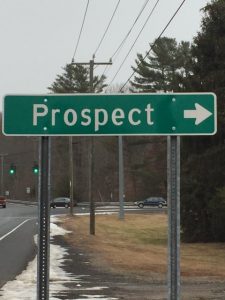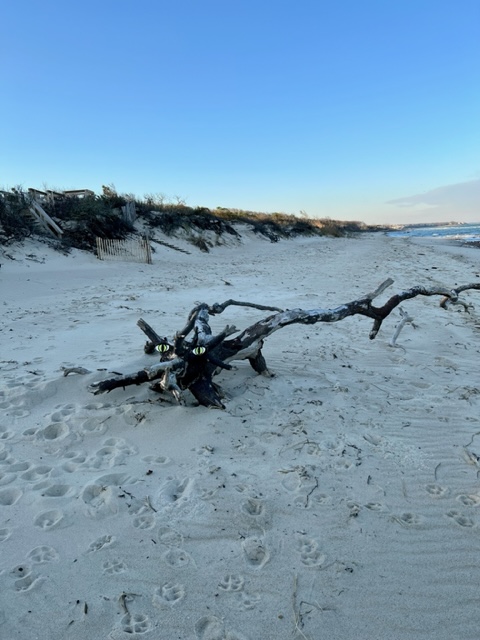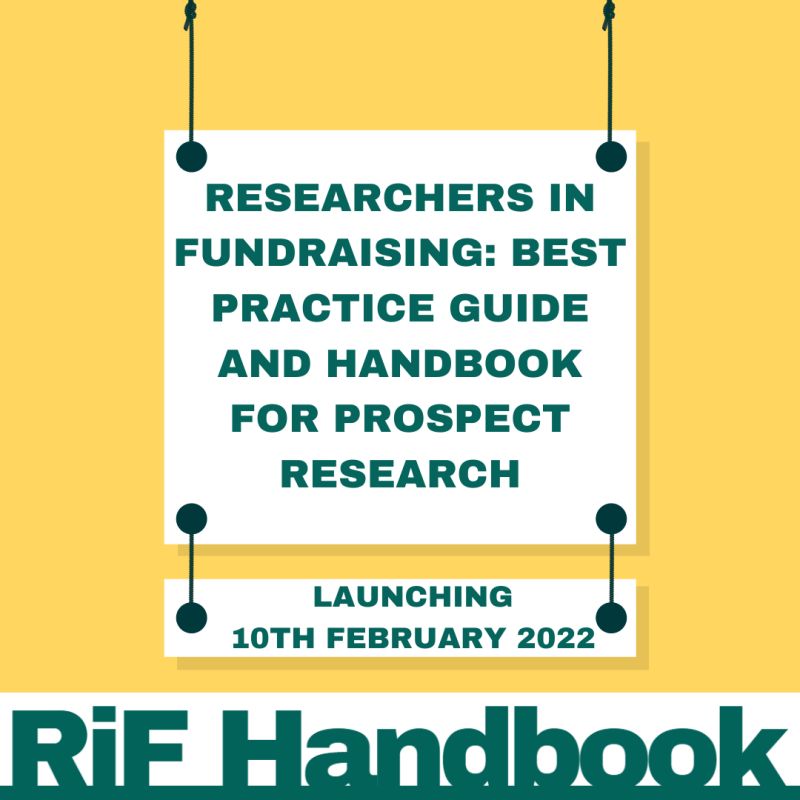by: Melissa Bank Stepno, President & CEO
 Many years ago, I read a study that indicated that the human brain can only effectively manage 150 person-to-person relationships at any given point in time. This statistic has stuck with me over the years, especially when thinking about some of the typical practices within our industry. While the study was focused on all relationships – personal, familial, professional, etc. – I consistently draw a parallel to the typical size of a major gift officer’s portfolio.
Many years ago, I read a study that indicated that the human brain can only effectively manage 150 person-to-person relationships at any given point in time. This statistic has stuck with me over the years, especially when thinking about some of the typical practices within our industry. While the study was focused on all relationships – personal, familial, professional, etc. – I consistently draw a parallel to the typical size of a major gift officer’s portfolio.
If you ask anyone in major gift fundraising what the average or typical portfolio size is, you will get a myriad of responses. The most consistent is: “it depends,” followed by some concrete number that usually ranges from 75 – 250. That’s a big range. And, those are big numbers.
Regardless of the specific ‘ideal size’ at your organization, it is safe to say that when you add 75 – 250 prospects to the rest of the relationships a gift officer is managing (again, personal, familial, professional colleagues, etc.), every gift officer is above the 150-person threshold.
Yet, every organization that I encounter is in the process of identifying new major gift prospects. This creates a conflict because unless your organization is planning on hiring an unlimited number of gift officers to match the prospect pool (which I bet it’s not), what are you doing with all of these new prospects?
This conundrum is exactly why I’m such a big believer that Disqualification (yes, with a capital “D”) is just as important, if not more important than Qualification. Removing prospects from existing portfolios is frequently the only way to make room for new prospects that are being identified. That is, of course, unless you are aiming for the bloated portfolio.
So, before continuing to assign new prospects to your gift officers’ portfolios, let’s take a step back and ask a few questions:
First, start with the gift officer, your overall major gifts program and your expectations of both:
- What is the personal capacity of the gift officer? Is their full time role managing prospects? If not, how much time are they spending on other responsibilities? And, conversely, what percentage of their time do they spend managing prospects? The more “other things” the person is responsible for, the fewer prospects that they should manage.
- How experienced is the gift officer? Newer gift officers might benefit from a smaller portfolio that allows them to gain experience, whereas more experienced gift officers are frequently able to manage larger portfolios.
- What type of prospects are in the gift officer’s portfolio? Warmer, more engaged prospects may require a shorter timeline from Qualification to Solicitation, whereas colder, less engaged prospects will require more time for relationship building.
- What stages of the Development Cycle (Qualification, Cultivation, Solicitation, Stewardship) are gift officers responsible for? In some organizations, gift officers are responsible for all stages, whereas at other organizations, gift officers are responsible for only some.
- If you expect gift officers to make in-person visits, what is the geographic dispersion of their region? How long will it take to travel to and from and in between?
- What capacity level prospects are they managing? $10K+? $100K+? $1M+? $10M+? Larger gifts typically require more time to develop and close, requiring a smaller portfolio.
Then, turn to the prospects currently in a portfolio to determine who should stay and who should go:
- Has there been any recent contact between the gift officer and the prospect? If not, why? Has the gift officer attempted to engage and the prospect is unresponsive? Or, has the gift officer not even tried to engage? If the prospect is unresponsive after several attempts to engage, it’s likely worth removing them from portfolio to make room for a new prospect.
- Do you have a data-driven reason to keep the prospect in a portfolio? Have you assessed the prospect’s capacity to give at the major gift level? Do you have any internal engagement scores or indicators that can help assess their inclination? Has a predictive model indicated that they may have potential to give more?
- What stages of the development cycle are prospects currently in? A prospect in perpetual Stewardship takes less time to manage than a prospect in active Cultivation.
- Are there extenuating circumstances that a data-driven and metrics-focused analysis cannot decipher? There may be specific reasons that an individual prospect should remain, or should be removed, from a portfolio. These circumstances should be reviewed carefully to assure exceptions reasonably fit the expectations of the organization.
Here are a few practical examples:
- A small community hospital might determine that the ideal portfolio for Gift Officer Smith should include 100 prospects, split such that 25% is in each of the four main Development Cycle stages (Qualification, Cultivation, Solicitation and Stewardship). Upon review, it is determined that Smith’s portfolio has 150 prospects and more than 50% of them are in Qualification. Most have been stagnant for over a year with no contact by the Gift Officer Smith. A decision is made to remove most Qualification prospects and assign them to another gift officer with more bandwidth.
- A national advocacy organization has determined that they want their most seasoned gift officer focused exclusively on cultivating $10 million+ gifts. It is acknowledged that doing so will require nationwide travel and significant coordination with the president’s office and other high-level stakeholders. It is determined that an ideal portfolio is only 50 prospects.
- A prestigious research university has a very large major gifts team that benefits from a high retention rate in their development office, with many young alums joining the team and spending their entire career at their alma mater. They recently hired three new junior team members and decided to create new portfolios of 200 prospects each, all in need of Qualification. The initial Year 1 goal for these officers is not to close a gift, rather it will be to work the pool. Over time, Disqualification will naturally drop the portfolio to a more reasonable size for long term Cultivation and Solicitation.
- An emerging regional arts organization with one major gift officer is launching its first campaign. After their feasibility study is completed, a gift officer settles on 90 top prospects, which includes 20 “top-tier” longtime supporters with strong capacity and inclination, 40 “warm” connections who have consistently supported the organization at lower dollar levels but have a clear philanthropic commitment to the arts, and 30 “new” prospects including community arts patrons with business and personal connections to board members.
As these examples demonstrate, there is no one-sized-fits-all answer. But, a thoughtful approach can help you determine the right size portfolio for your major gifts team, and what steps might need to be taken to ensure portfolios are optimized.









